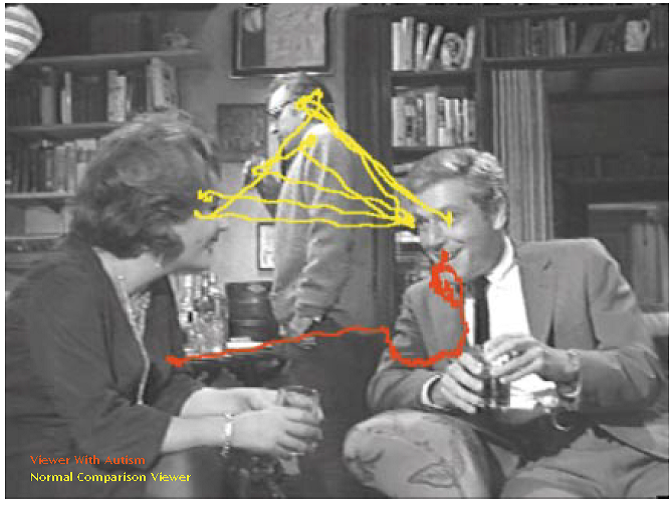This is a total punt. I think you would be hard-pressed to find anyone who offers this up on social issues going to bat for the same argument in favor of price-gouging DLC models, games shipped unfinished, or other things companies do to bolster their bottom line at the expense of their customers. When a particular position never hits the table except when it's in defense of exclusion, you can tell that it's not being offered in good faith.
What's the distinction? How is it philosophically consistent to accept DLC as a compromise with reality but dudebros being beyond the pale? They both affect the bottom line and I don't see why one is unnaceptable. I'm sure it would indeed be hard to find people to agree with me on that but that's the reality of an uncommon position (plus most people are idiots).
In reality there are lots of ways for more adventure games to get made, most without even particularly affecting the volume of shooters: maybe more people who aren't game developers could get into the industry to make adventure games. Maybe some people who work on shooters now because they think they're the only commercially viable games could work on adventure games too given proof that they can succeed. Maybe some companies could develop small-budget adventures as a way of diversifying their output on the side..
I don't mean to sound snarky but this does seem like a fairytale scenario to me. Where is the money going to come from to pay these new adventure game developers? Why should companies suddenly decide to take the risk? It might happen, certainly, but my point was that people shy away from criticising the existing games industry when pressed and talk about (somehow) expanding output instead. I wouldn't be against more adventure games myself, for what it's worth.
The point is, people who ask for this aren't hoping to shame or badger people into reluctantly writing in gay characters; they're hoping to move from a world where people think it's impossible to include them to one where they're just one of the normally viable options.
Isn't all activism (good and bad) badgering, in a sense? How is this change in game writing going to happen without challenging the status quo?




